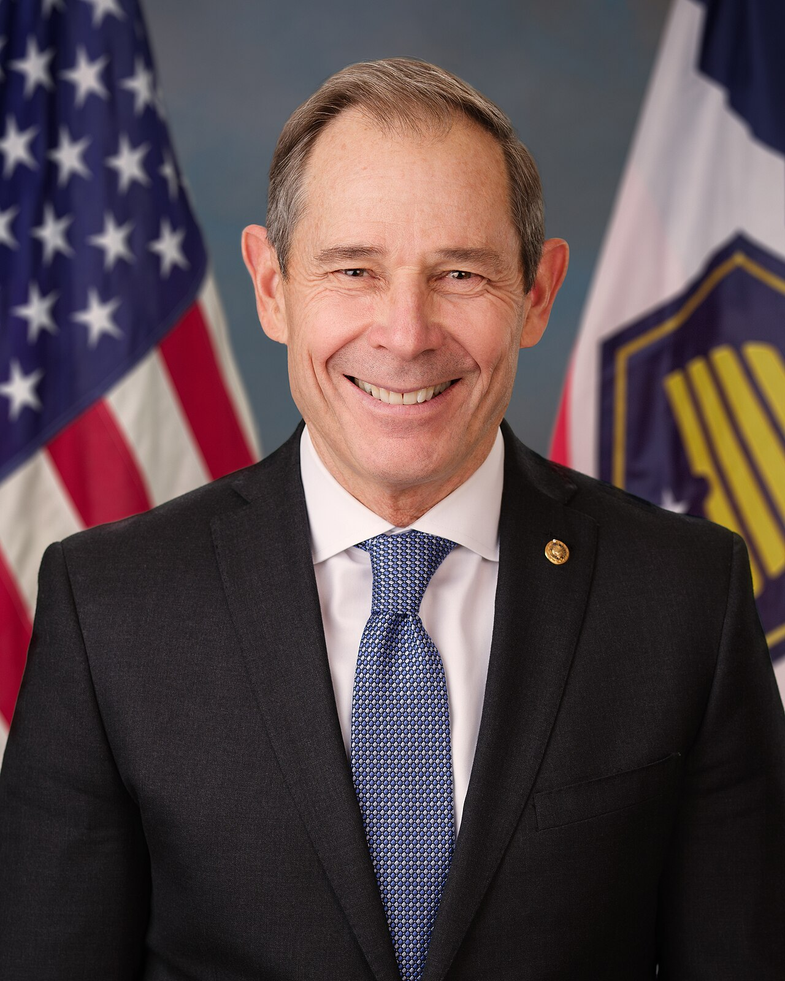S. 1755: Hong Kong Judicial Sanctions Act
This bill, known as the Hong Kong Judicial Sanctions Act, aims to establish a process for the U.S. government to review and potentially impose sanctions on individuals associated with the judicial system in Hong Kong. Here’s a breakdown of what the bill proposes:
Review and Determination of Sanctions
Within 180 days after the bill becomes law, the President is required to assess if certain individuals, particularly judicial officials in Hong Kong, should be sanctioned. The assessment would relate to several legal frameworks which address serious human rights abuses and corruption, including:
- The Global Magnitsky Human Rights Accountability Act
- Executive Order 13818, which involves blocking property of persons involved in serious human rights abuses
- The Hong Kong Human Rights and Democracy Act of 2019
- The Hong Kong Autonomy Act
- Executive Order 13936, which relates to Hong Kong Normalization
Persons Previously Sanctioned
The bill specifies individuals who have already been sanctioned and need updates regarding their current roles. These include:
- John Lee Ka-chiu, Chief Executive
- Eric Chan Kwok-ki, Chief Secretary for Administration
- Chris Tang Ping Keung, Secretary for Security
- Zheng Yanxiong, Director of the Liaison Office of the Central People’s Government in Hong Kong
Additional Persons for Review
The bill outlines a list of additional individuals who are part of the Hong Kong judiciary system and would also be subject to potential sanction reviews. This list includes judges from various courts, such as:
- Esther Toh Lye-Ping, Judge of the Court of First Instance
- Amanda Jane Woodcock, Deputy Judge of the Court of First Instance
- Victor So Wai-tak, Chief Magistrate
- Patrick Chan Siu-oi, Non-Permanent Judge of the Court of Final Appeal
- Andrew Cheung Kui-nung, Chief Justice of the Court of Final Appeal
- And many others, totaling over forty individuals listed
This segment indicates that the bill is highly focused on ensuring a thorough review of the actions and roles of those in Hong Kong's judiciary, highlighting concerns related to the safeguarding of human rights and the rule of law in the region.
Congressional Oversight
The bill establishes that the reviews and recommendations will be presented to specific congressional committees, which include:
- Senate: Committee on Foreign Relations, Committee on Banking, Housing, and Urban Affairs
- House of Representatives: Committee on Foreign Affairs, Committee on Financial Services
This requirement ensures there is oversight and that any decisions made regarding sanctions are communicated to Congress for further action or approval.
Conclusion
The Hong Kong Judicial Sanctions Act presents a structured approach for the U.S. to review judicial officials in Hong Kong in connection with human rights and accountability concerns, potentially leading to sanctions against those deemed responsible for violations.
Relevant Companies
None found
This is an AI-generated summary of the bill text. There may be mistakes.
Sponsors
3 bill sponsors
Actions
2 actions
| Date | Action |
|---|---|
| May. 14, 2025 | Introduced in Senate |
| May. 14, 2025 | Read twice and referred to the Committee on Foreign Relations. |
Corporate Lobbying
0 companies lobbying
None found.
* Note that there can be significant delays in lobbying disclosures, and our data may be incomplete.
Potentially Relevant Congressional Stock Trades
No relevant congressional stock trades found.


